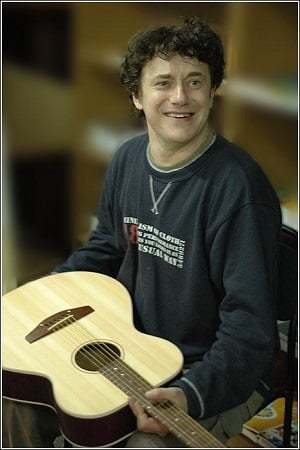
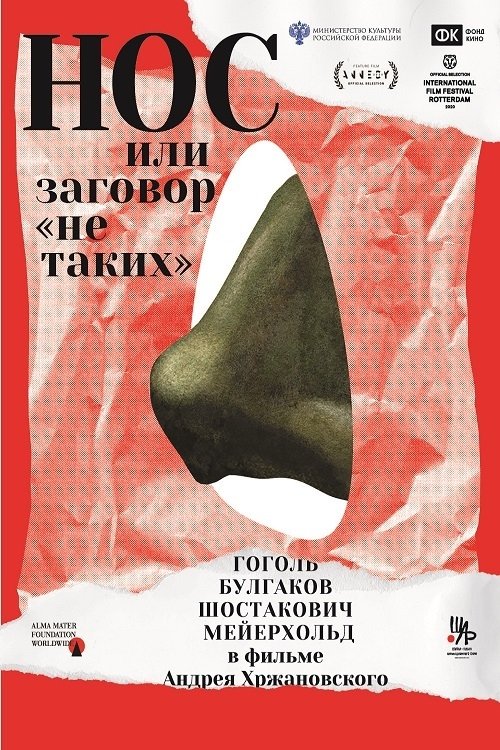
An exploration of 20th century Russia, following the fusing of the Party and the state after the Russian Civil War, which opened the doors to corruption, resulting in the exiling of the left and right opposition. Described using a combination of historical settings, biographies and masterpieces from Russian avant-garde artists, composers and writers from this period in history.
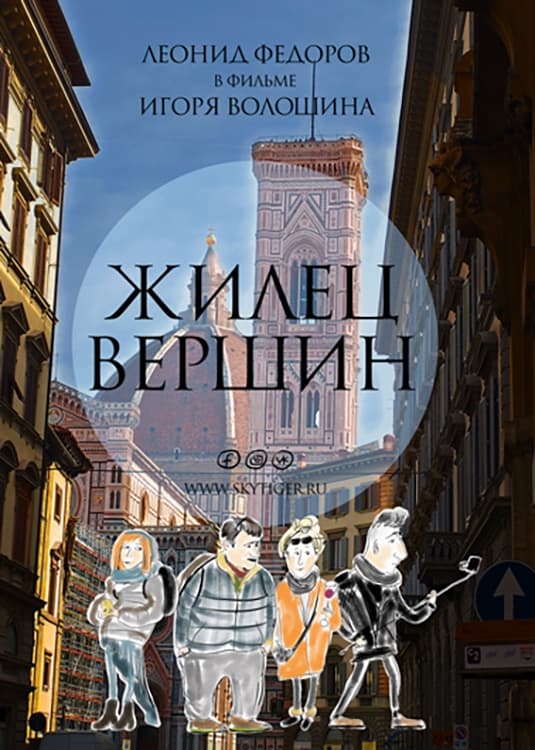
A reality film about the journey of the frontman of the Auktyon group Leonid Fedorov to Florence, a city that gives the musician an impulse to live and create. Film director Igor Voloshin ("Nirvana", "I", "Bedouin") films life as it is: trips to museums, feasts, New Year's Eve, a trip to Tuscany and Bologna. The intricate editing makes the film fly with frantic energy and rhythm, similar to Fedorov's songs.
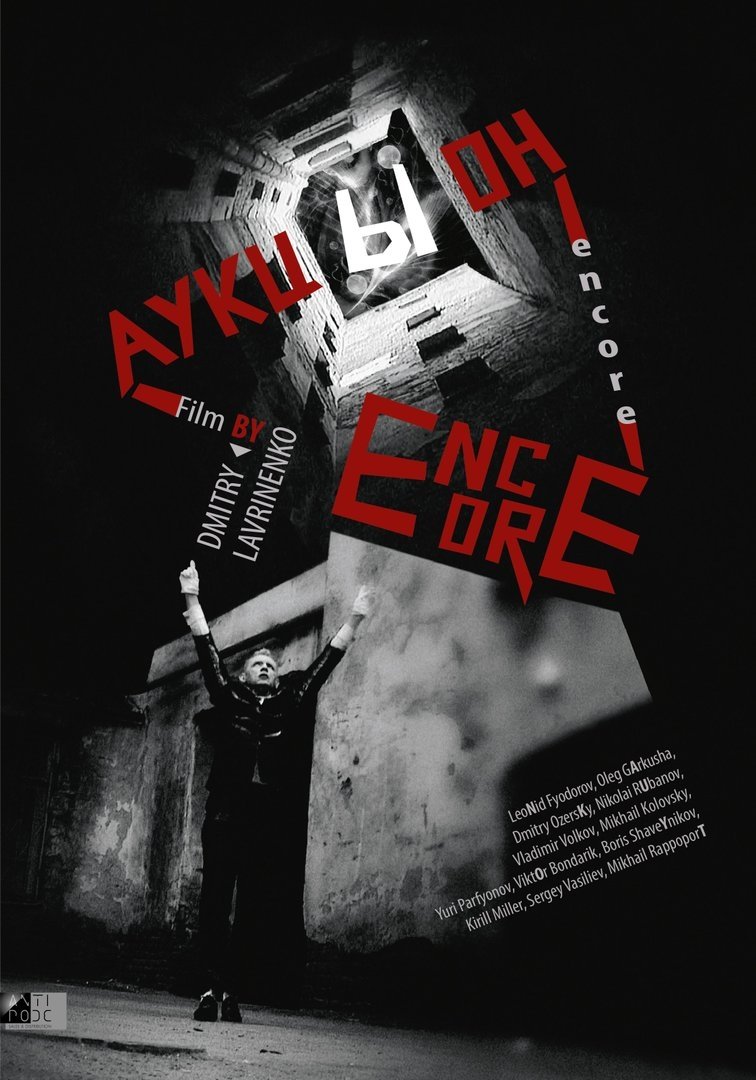
Many-many words have been written and a few ingenuous TV documentaries have been filmed about the great Russian rock band Auktyon (АукцЫон), which recently celebrated 30 years of playing music. Everything is completely different in the case of the film Encore: it took seven years for the director, Dmitry Lavrinenko, to make it; he needed just that amount of time to capture the wayward grace still preserved by Fyodorov, Garkusha, Ozersky and their associates. If you look behind the powerful music façade, you find not a story of a band but chronicles of a voyage aimed at incredible, incomparable music. Encore shows how the songs which are now known by heart were composed; it also shows things generally left aside: pieces of everyday life, tour diaries, conversations, including the key phrase: “You should not look at the liberty too much, you might feel dizzy.
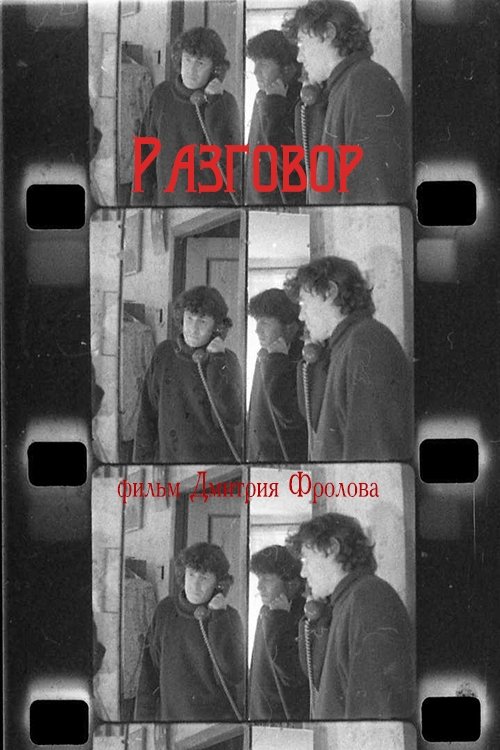
To the idly meditating musician received a call from his distant friend with a proposal to write a song about the untimely departed Lady Diana.
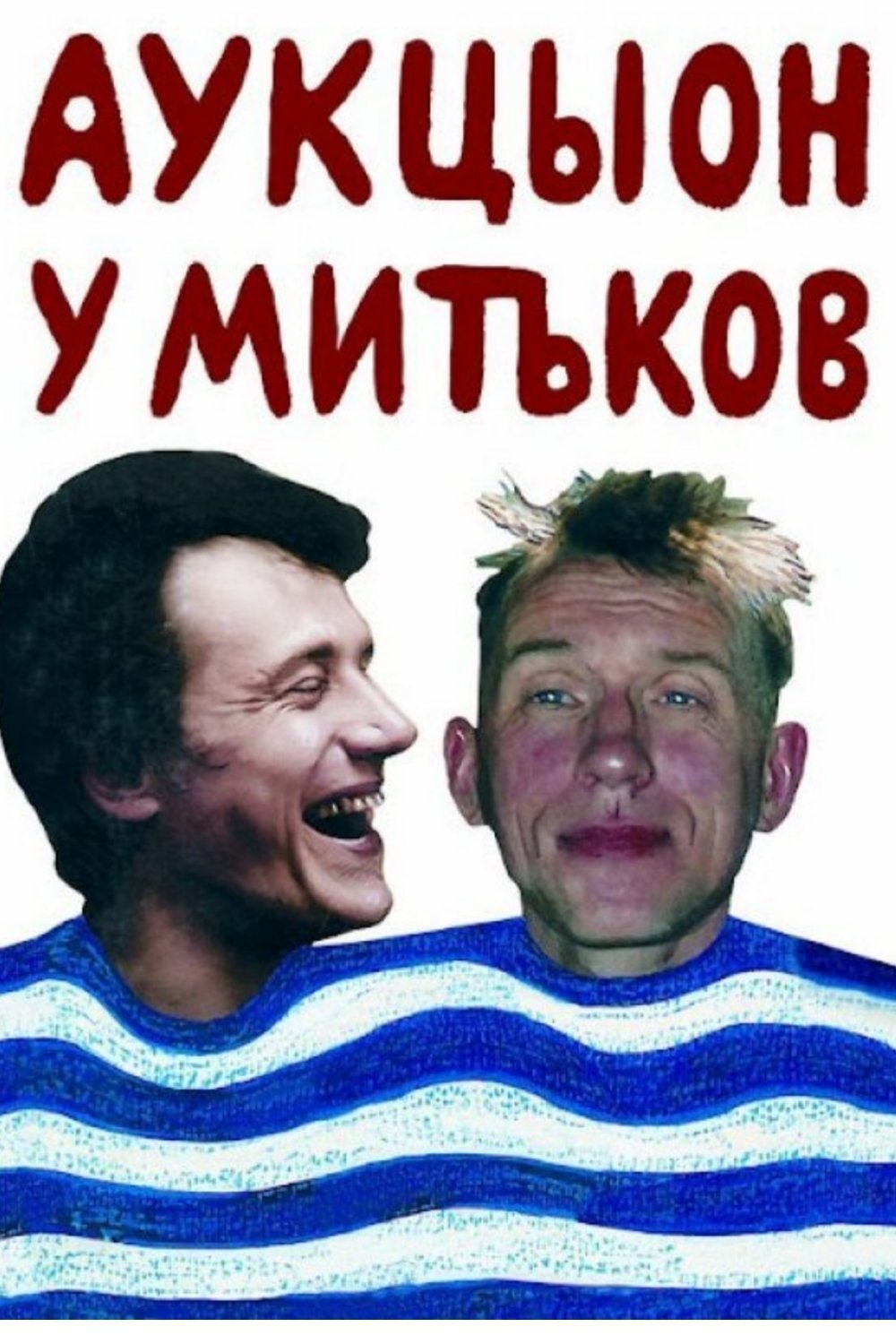
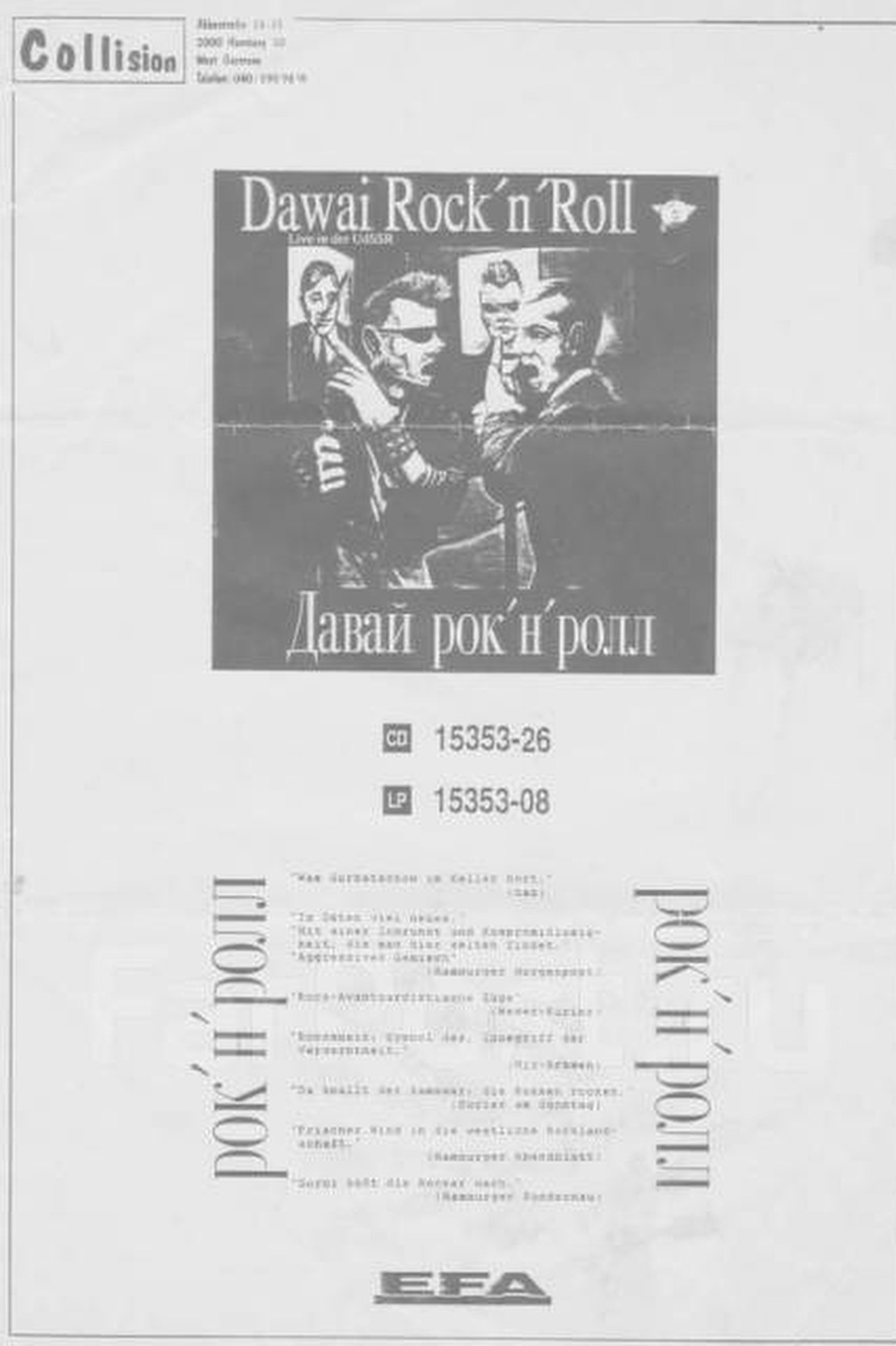
Documentary film for german TV about rock music in Soviet Union. Featuring: "Мистер Твистер", "Ва-Банкъ", "Чудо-Юдо", "Женская Болезнь", "Ночной Проспект", "Аквариум", "Ноль", "Аукцыон", "Телевизор", "АВИА", "Звуки Му". In 1989 an album with recorded soundtrack was released.
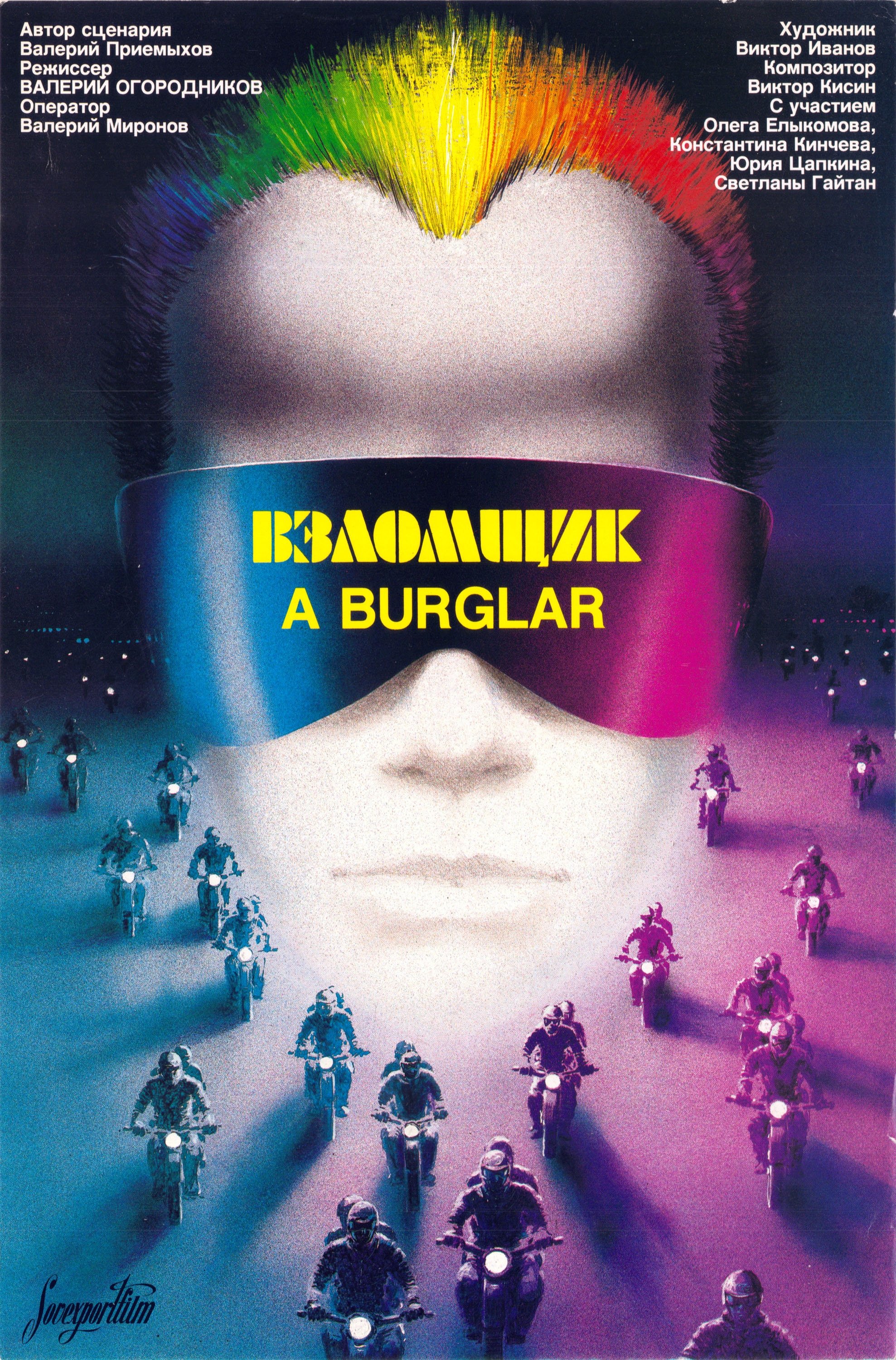
With a brother dedicated to punk rock stardom at any cost and a drunken father who chases skirt between robotic dancing lessons from the TV, young Senka stands as much chance of nurture as the hero of Truffaut's 400 Blows. The amazing thing about Ogorodnikov's film is that it was made in Russia. Clearly, plenty of Soviet teenies share the nihilistic feelings of their Western counterparts, and the extensive footage of safety-pin chic at concerts perhaps points to a sound export instinct on the director's part. Senka's brother Kostya is under pressure from Howmuch, a very heavy rocker, to steal a synthesiser from the Community Centre, so to protect him Senka steals it himself. The story occupies little more space than the music, but the performances are splendid enough to lodge Senka's predicament in the heart.
By browsing this website, you accept our cookies policy.